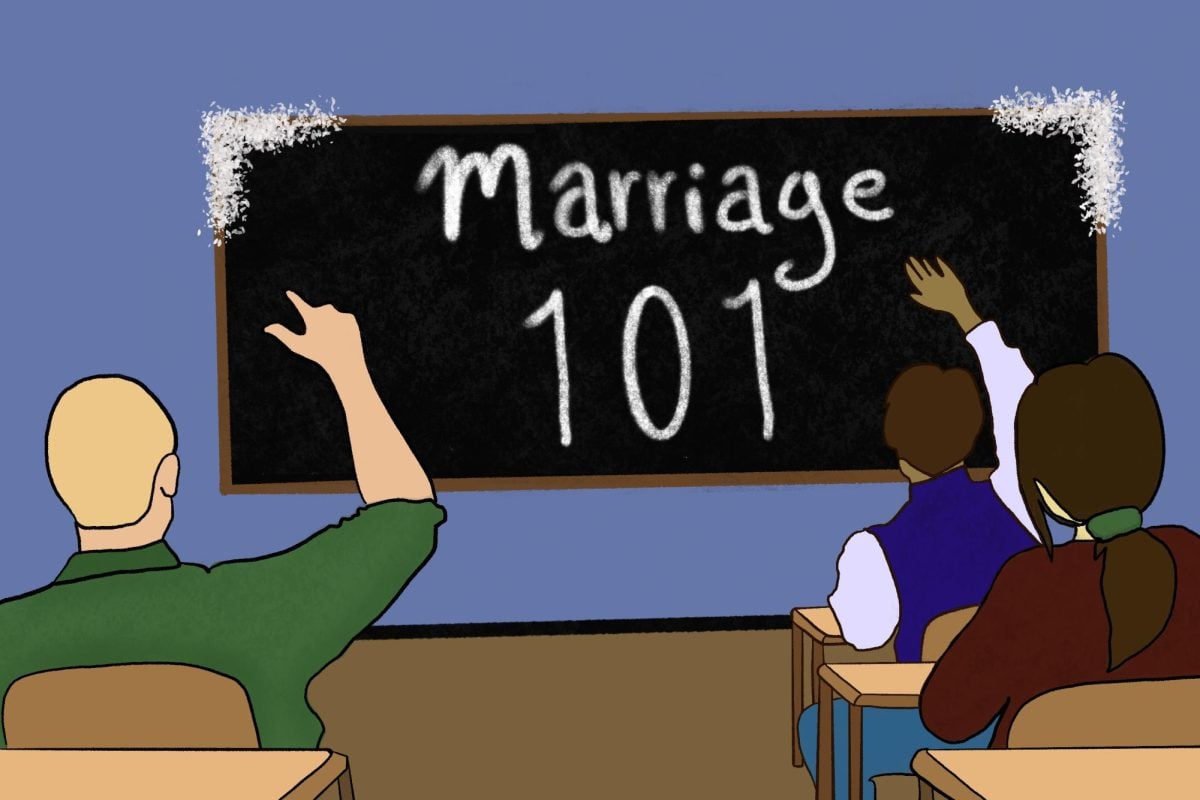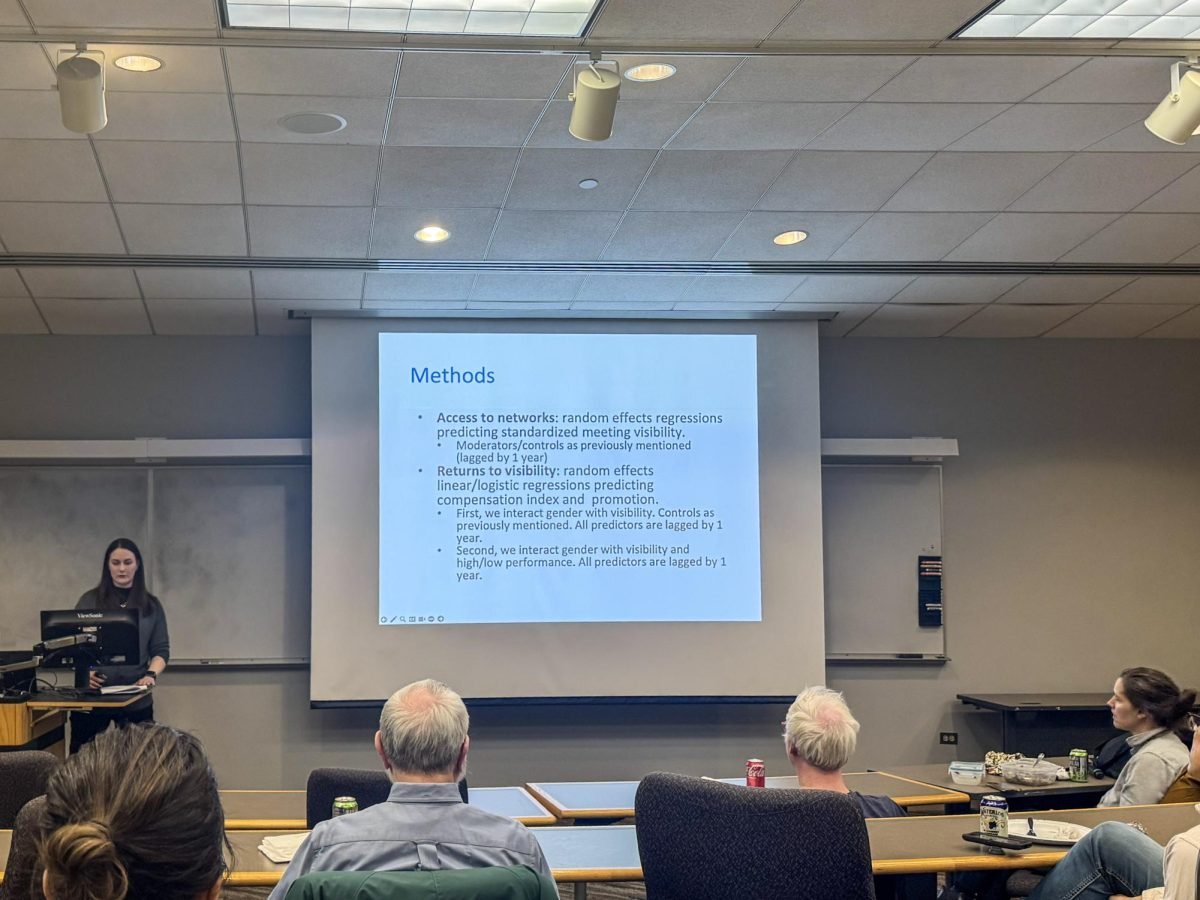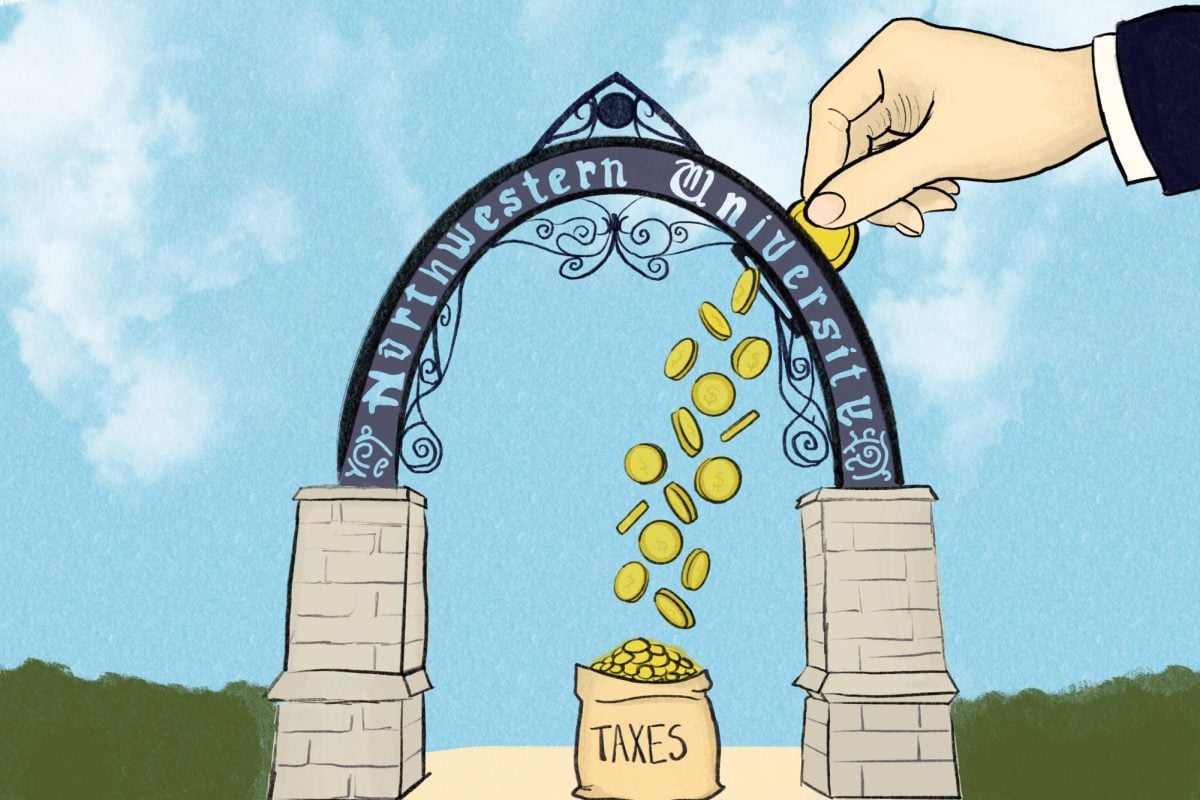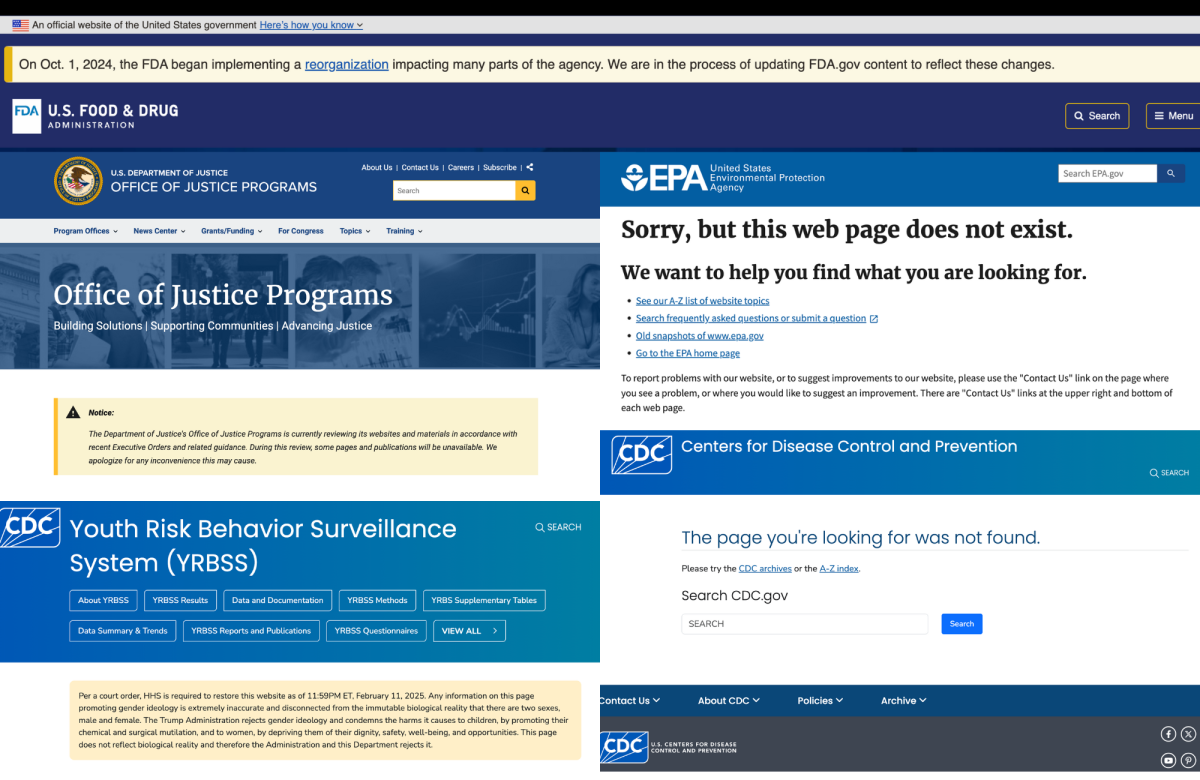As President Barack Obama prepares for his second inauguration later this month, Northwestern Law Prof. Andrew Koppelman will soon publish a book examining one of the president’s most significant victories during his first term.
In “The Tough Luck Constitution and the Assault on Health Care Reform,” to be published in February, Koppelman debunks the Supreme Court case against Obama’s Affordable Care Act, commonly referred to as “Obamacare.”
As soon as it passed in March 2010, Obama’s health care policy was quickly challenged as unconstitutional. The main arguments against the legislation questioned whether the government can legally mandate individuals to purchase health care insurance and if the act’s expansion of Medicaid is constitutional.
However, in a landmark decision last June, the U.S. Supreme Court upheld the constitutionality of the majority of Obamacare in a 5-4 ruling. The decision cited Congress’ power to levy taxes as validation for mandated health insurance.
In his new book, Koppelman asserts the overall weakness of the case against the Affordable Care Act. It was “a scandal” the case progressed as far as it did because it ignored Obama’s reasons for requiring health insurance, he said.
“The legal case against the Affordable Care Act was always frivolous,” he said. “There was never any substance to it.”
The case was also “fundamentally repugnant” to suggest that “it’s wrong to require healthy people to care for the sick,” he added.
While critics maintain that requiring Americans to purchase health insurance represents an unwarranted extension of governmental power, Koppelman said the case against Obamacare essentially represented the tense partisan divisions apparent in Washington right now.
“It’s so unusual for government to require persons to purchase something,” Koppelman said. “It’s happened a few times in American history. If that’s the only limit on government power, then government can do pretty much whatever it wants to do.”
This book marks Koppelman’s second already this year. “Defending American Religious Neutrality,” which examines the association between public life and religion in American society, was published the first day of the new year.
Koppelman, who began writing commentary on the Supreme Court case for Salon.com during the course of his research, is also the author of four other books, including “A Right to Discriminate? How the Case of Boy Scouts of America v. James Dale Warped the Law of Free Association” and “Same Sex, Different States: When Same-Sex Marriages Cross State Lines.”
Although his latest publication is not his area of legal expertise, Koppelman said the main issues tackled in his book have important implications for future Supreme Court rulings.
“I’m not a health care scholar, but I know a bad constitutional law argument when I see one,” he said. “And these arguments were just terrible.”




















